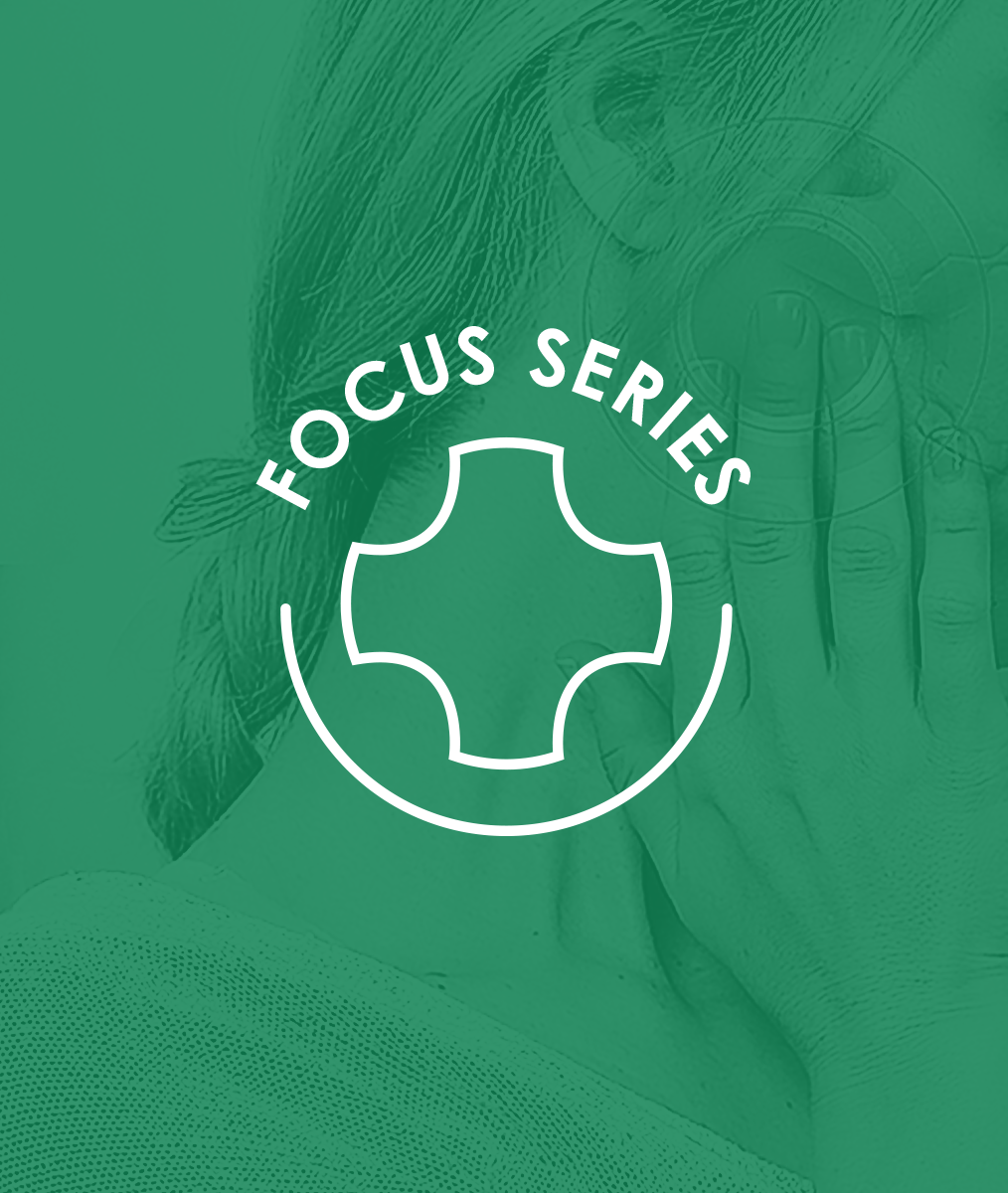
Staying in the Question – Part 3
Ask One More Question
One of the ways I have learned to Stay in the Question is to practice asking one more question before I give information. Learning to ask one more question has helped me to be more effective in several ways
1. The practice of asking one more question helps us save time.
My experience is that we spend a lot of time giving patients information they may not want or need. We can waste our time and theirs by giving information they have not asked for.
There was a time when if a patient asked me if x-rays were “really” necessary, I would go on at great length about the value of the radiographs, what we could see on them, and what we might miss if we didn’t take them. But I learned to respond, “It sounds like you might have some concerns about having x-rays,” and ask, “What is your concern?” By asking one more question, I was able to answer the patient’s question or concern very precisely and quickly.
2. Staying in the questions helps us understand what the patient wants from us.
Patients don’t always know how to communicate with us to get their needs met. They ask what they know how to ask. Sometimes their question is “Will my insurance cover that?” Sometimes their question is “How long will it last?” or “Will it hurt?”
Asking a follow up question to any question or concern they express allows us to better understand their needs and expectations. If a patient asks, “Will it hurt?” I could reassure them I will be as gentle as possible. Alternatively, I could say, “It sounds like you are concerned about the pain of this procedure. Have you had a painful dental experience in the past?” Responding to a specific fear will always be more powerful than a general reassurance.
3. Asking one more question allows us to give information clearly, to give information that is useful to them.
After seeing patients over years, it is easy to fall into giving the same information repeatedly. We all have our scripts we fall back on that describe a particular disease or procedure. Having a ready-made script may seem efficient but in the long run it can cause us to miss opportunities to be more effective with our patients. We can spend a lot of time giving them reasons why we think they should have treatment instead of providing more precise information relevant to their needs and their wants.
Aristotle said, “The fool persuades me with his reasons. The wise man persuades me with my own.” We don’t need to guess how to persuade our patients. I’ve learned that, when I stay in the question, patients tell me exactly what they need from me to be able to make decisions.
4. Asking one more question creates an opportunity to build trust.
There was a time when I thought having all the answers for my patients would make me seem competent and gain their trust. I’ve come to understand that I will never have all the answers and that, in dentistry, it is just as important for patients to trust our motives as it is for them to trust our competence. When we take their questions and concerns seriously, follow up with genuine curiosity, and listen deeply to their responses, they are more likely to feel our care and concern. They are more likely to trust that what we want is what is best for them.
Related Course
TMD & Orofacial Pain: Managing Complex Patients
DATE: January 29 2025 @ 8:00 am - February 2 2025 @ 1:00 pmLocation: The Pankey Institute
CE HOURS: 37
Dentist Tuition: $ 7200
Single Occupancy with Ensuite Private Bath (per night): $ 345
THIS COURSE IS SOLD OUT TMD patients present with a wide range of concerns and symptoms from tension headaches and muscle challenges to significant joint inflammation and breakdown. Accurate thorough…
Learn More>






